Masters in Training of Trainer (MToT)
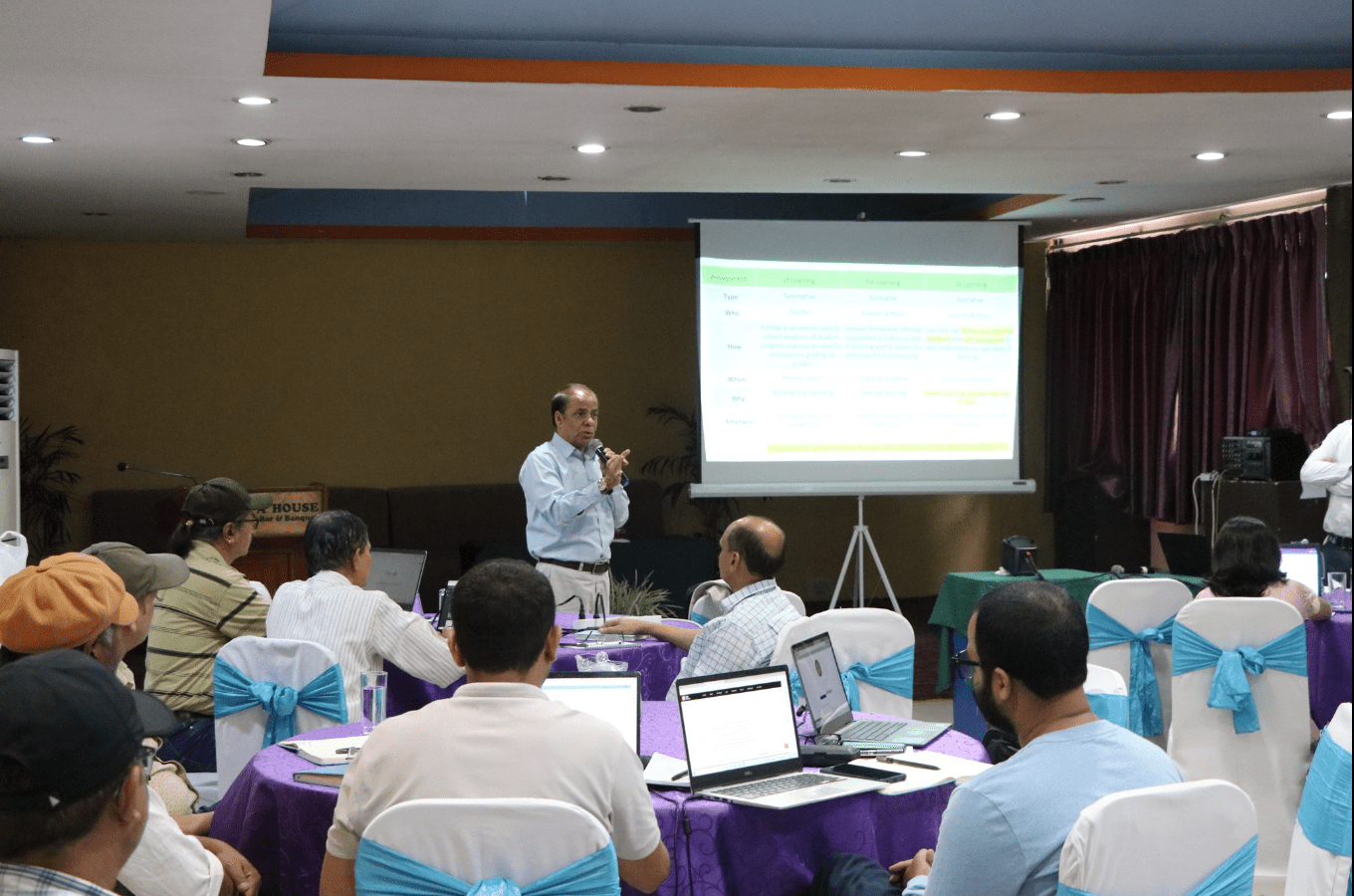
- Start Date:
- Sept. 15, 2024
- Price: Rs. 15000 /-
Masters in Training of Trainers (TOT)
Theory and Practical (3 Cr.)
Introduction
This course aims at developing training attitude, knowledge and skills of the individuals who are looking forward to their career in the field of training and development. To create learning environment and make participants learn effectively in alignment with training objectives, the role of trainer becomes crucial. The course is particularly designed as a value addition for a person as a trainer, since it helps in boosting knowledge and skills related to training needs assessment, training manual development, adult learning principle, innovative and participatory training methodologies, facilitation and presentation skills and others skills that are essential to conduct and lead the training in education sector in general and school education in specific. This three credit hour Training of Trainers (ToT) program offered at Kathmandu University School of Education through Continuing and Professional Education Program (CPEP) focuses on enabling training professionals develop their core competencies in training, and hence, opens way for better opportunities as a trainer or potential trainer, training coordinators and training professionals.
Course Objectives
- Develop the training skills specifically for the education sector
- Enrich the capacity of training need assessment
- Develop the skills of training manual development
- Enhance the capacity of interactive facilitation skills using various media
- Develop the skill of human relation and handling of diverse participants
- Develop the skills of training evaluation.
Modules
Module 1: Concept of Training, Workshop, and Seminar Activities
Module 2: Training Needs Assessment
Module 3: Training Manual Development
Module 4: Understanding School Education Curriculum of Nepal
Module 5: Knowing Participants, applying Facilitation Skills, and Conducting Training Evaluation
Module 6: Experiential Components
RELATED COURSES
-
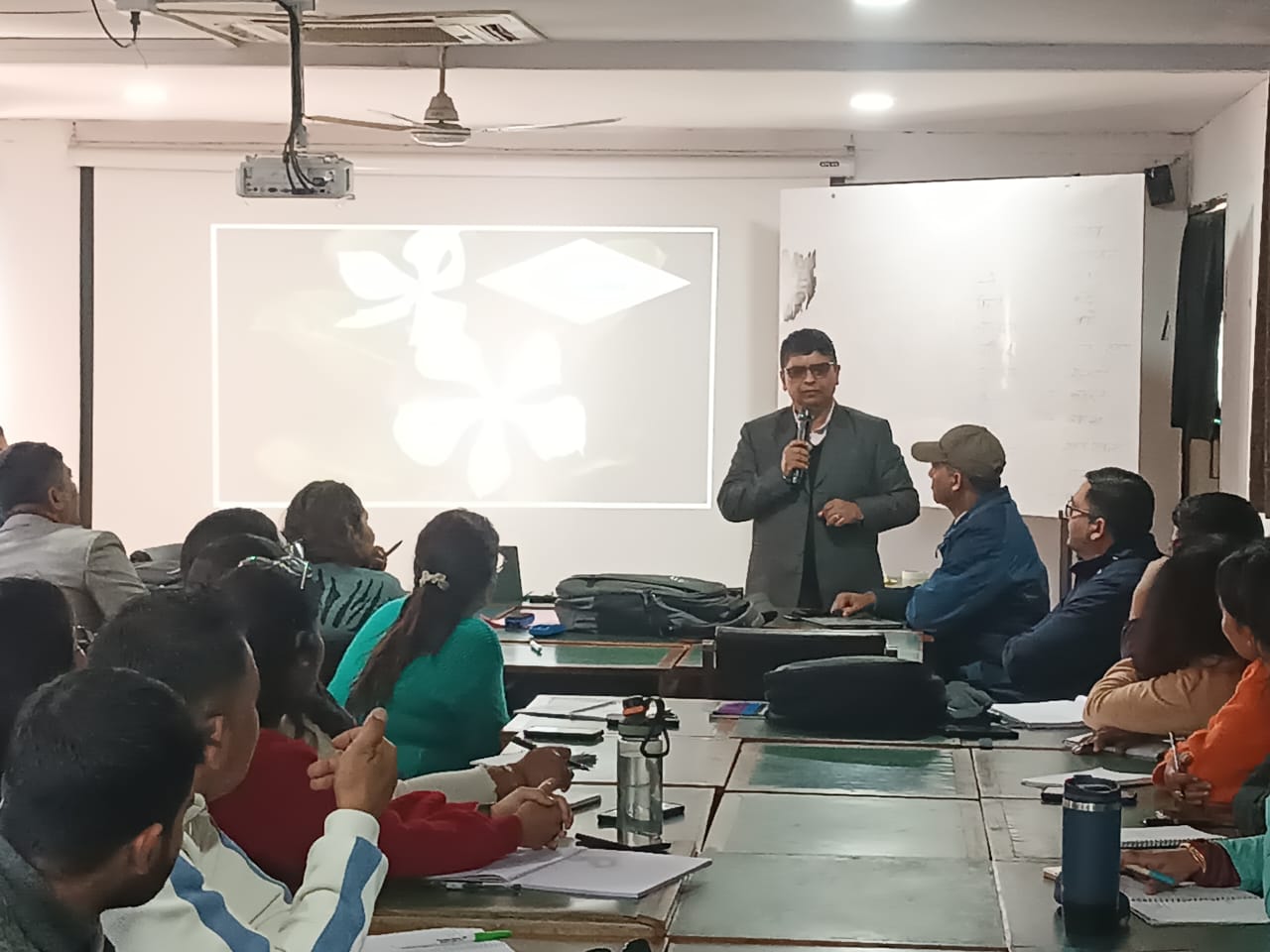
Training of Trainers
Read More -

Understanding and Supporting Children with Down Syndrome
Read More -
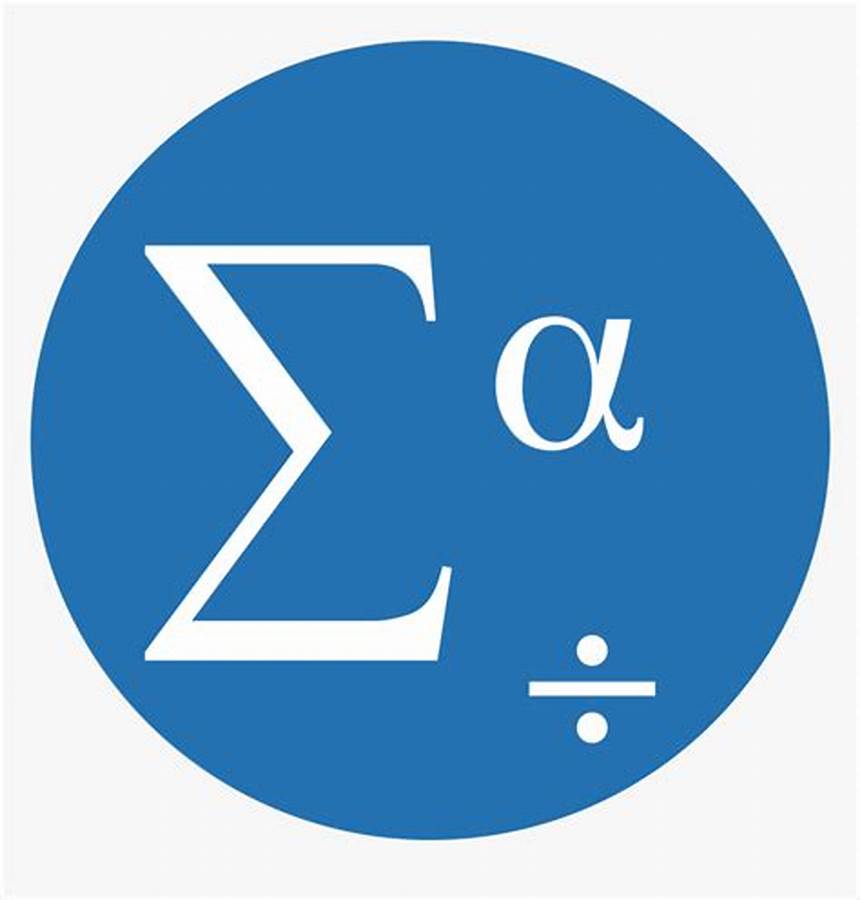
Quantitative Data Analysis using SPSS
Read More -

Professional Development of ECD Educators
Read More -

Teaching Science: Theory and Practice
Read More -

Teaching Nepali: Theory and Practice
Read More -

Data Science Advanced
Read More -

Foundational Course For Mathematics Teacher
Read More -

Teaching Social Studies: Theory and Practice
Read More -

ICT in Education
Read More -

AI in Education
Read More -

Teaching English: Theory and Practice
Read More -

Teaching Mathematics: Theory and Practice
Read More -

Data Science General
Read More -

TechEdu Nexus Internship Program
Read More -

Grants Writing
Read More -

Gender equity in Education
Read More -
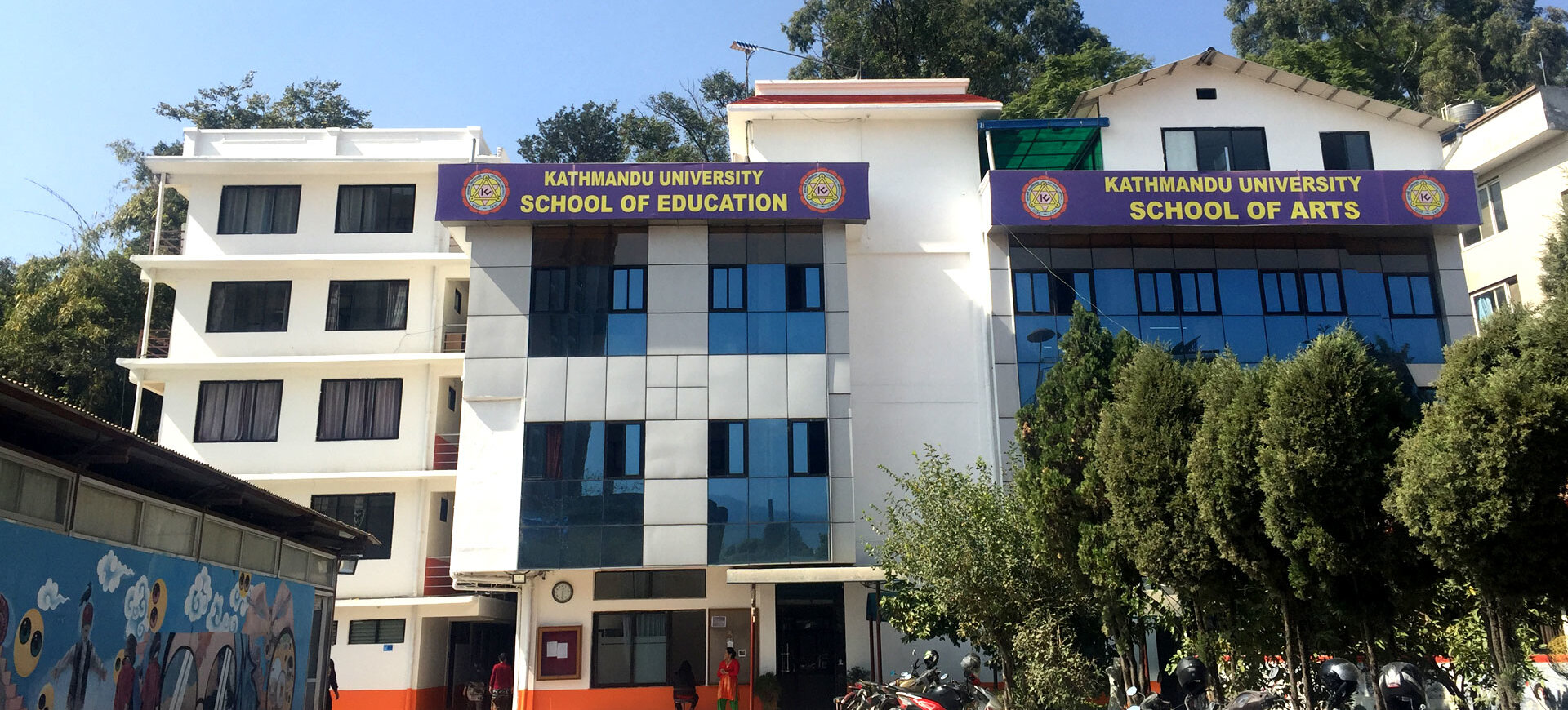
Diploma in Inclusive and Special Need Education
Read More -

Library and Information Center Management
Read More -

Inclusive Education for School Educators
Read More -

Realities of School Leaders
Read More -
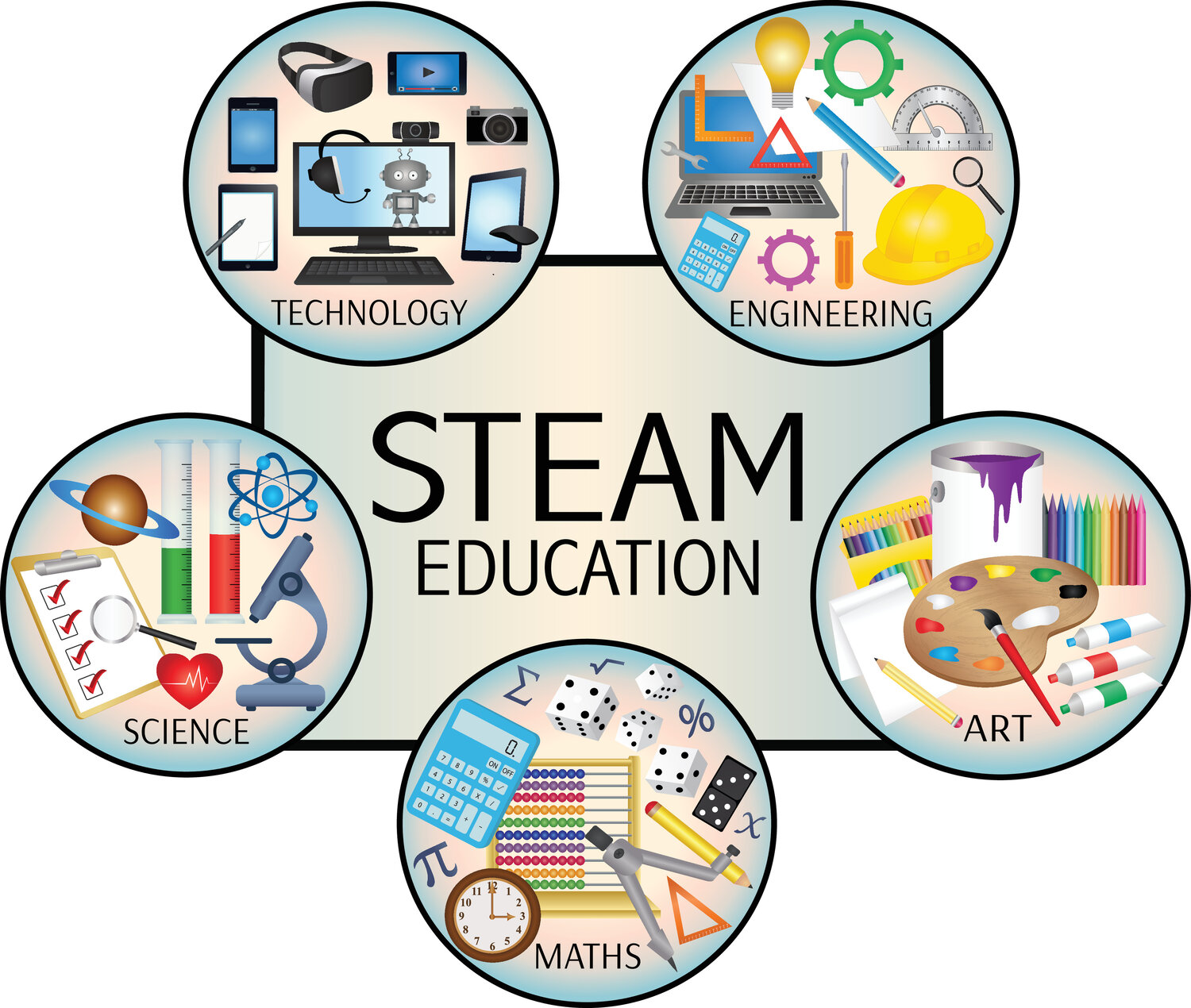
STEAM-Based Pedagogy in School
Read More -

Education for Sustainable Development
Read More -

School Counselling
Read More -
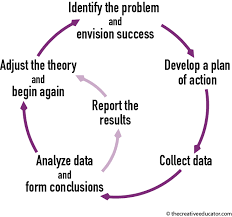
Action Research in Schools
Read More